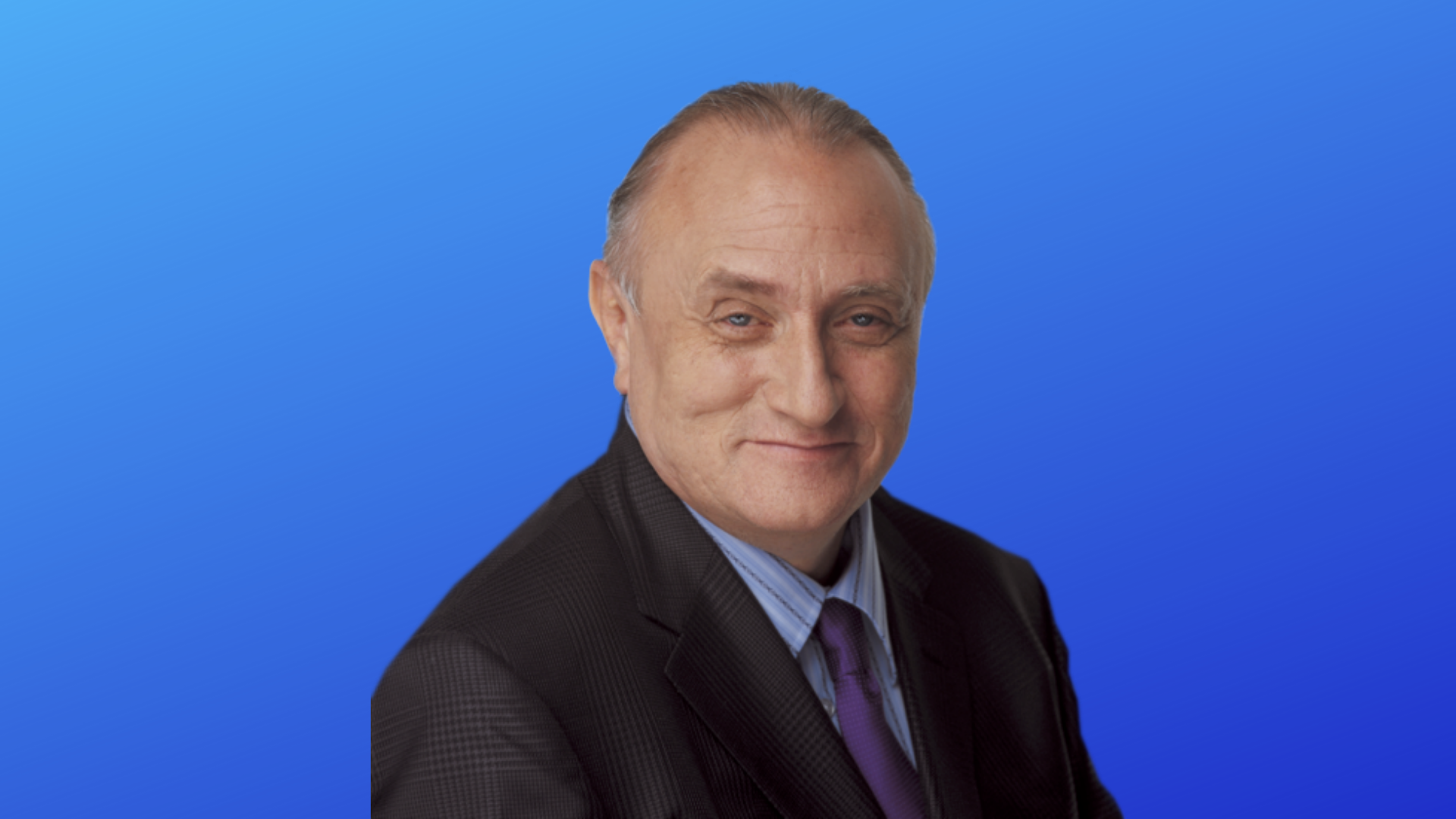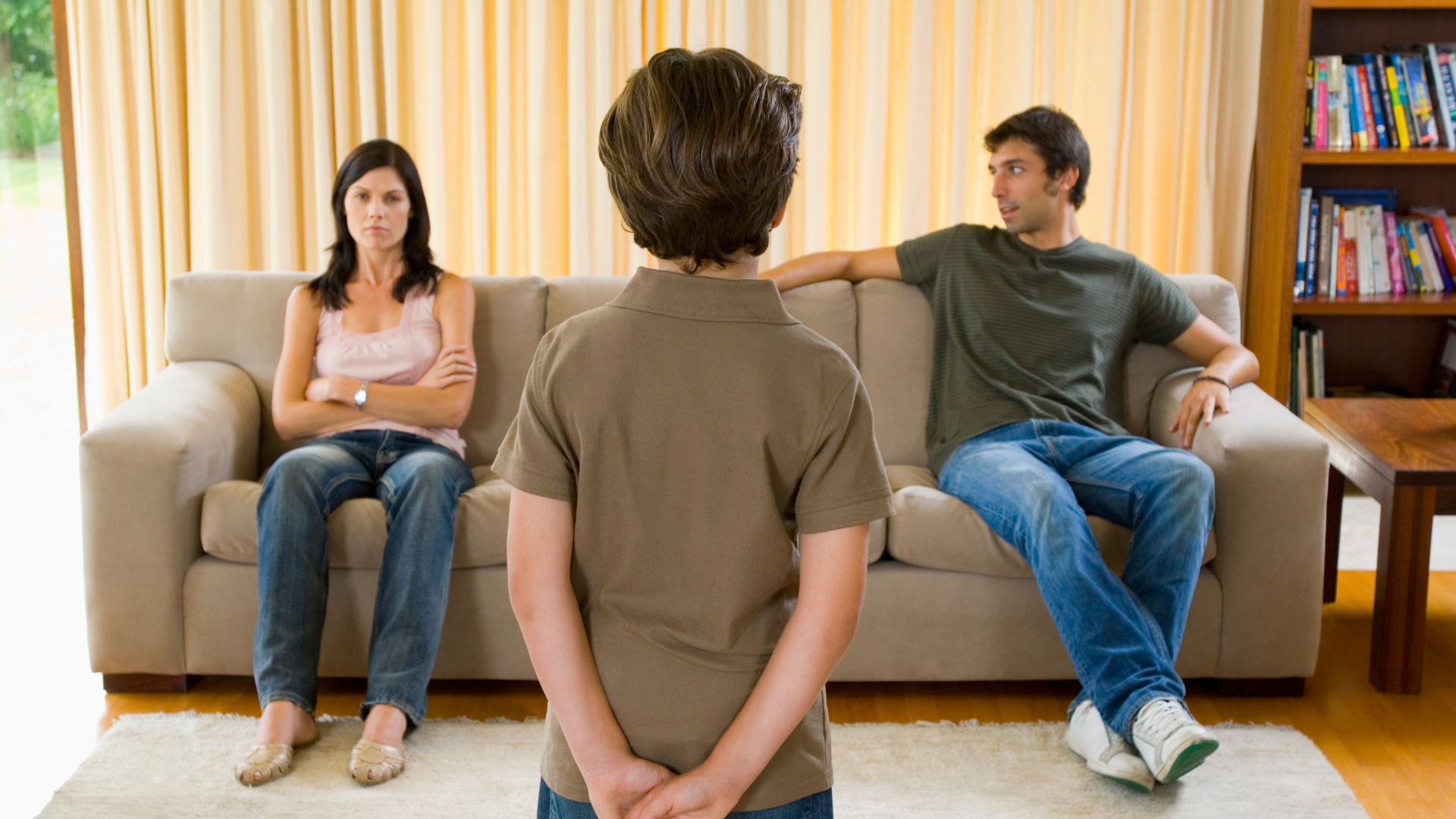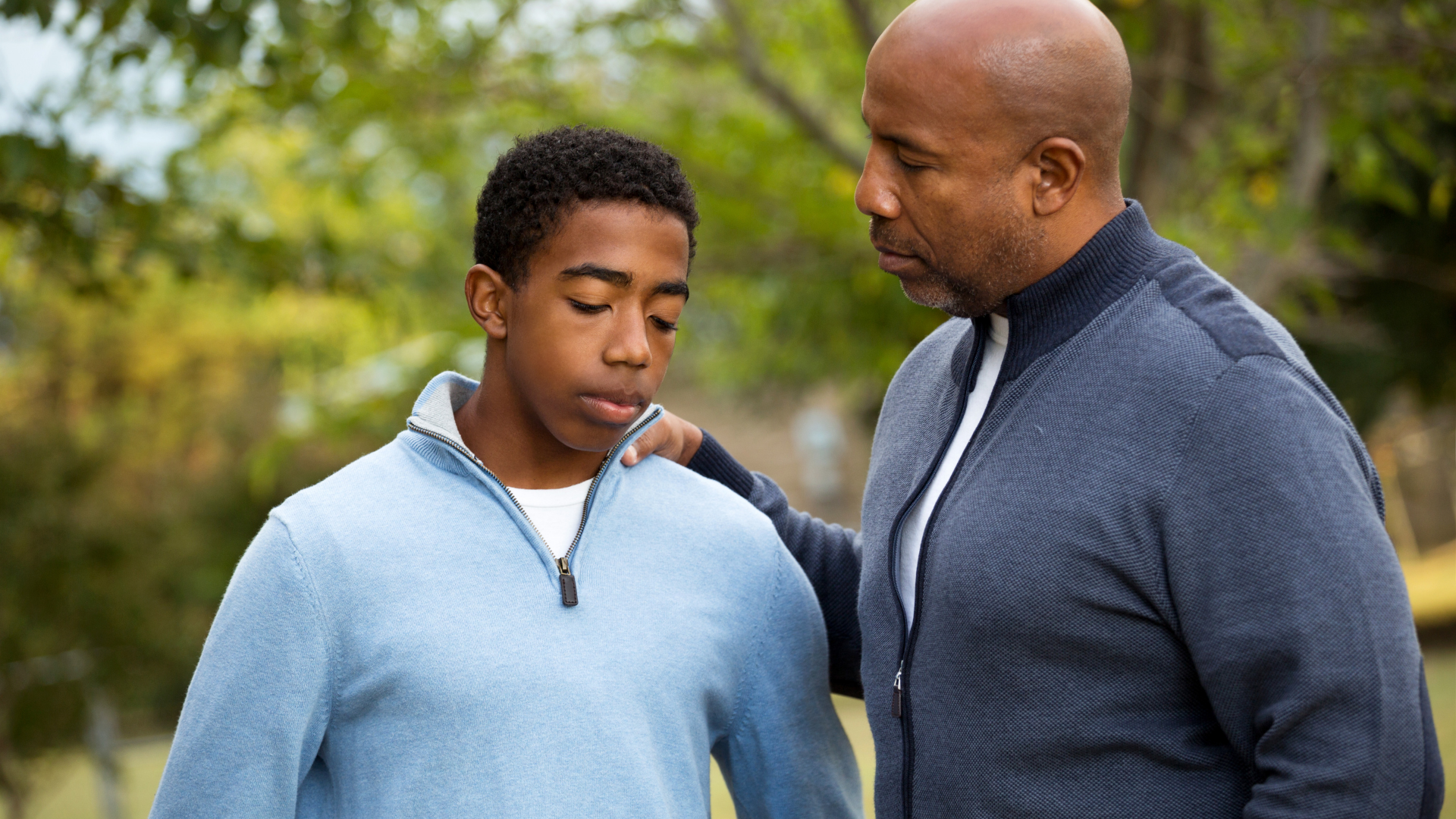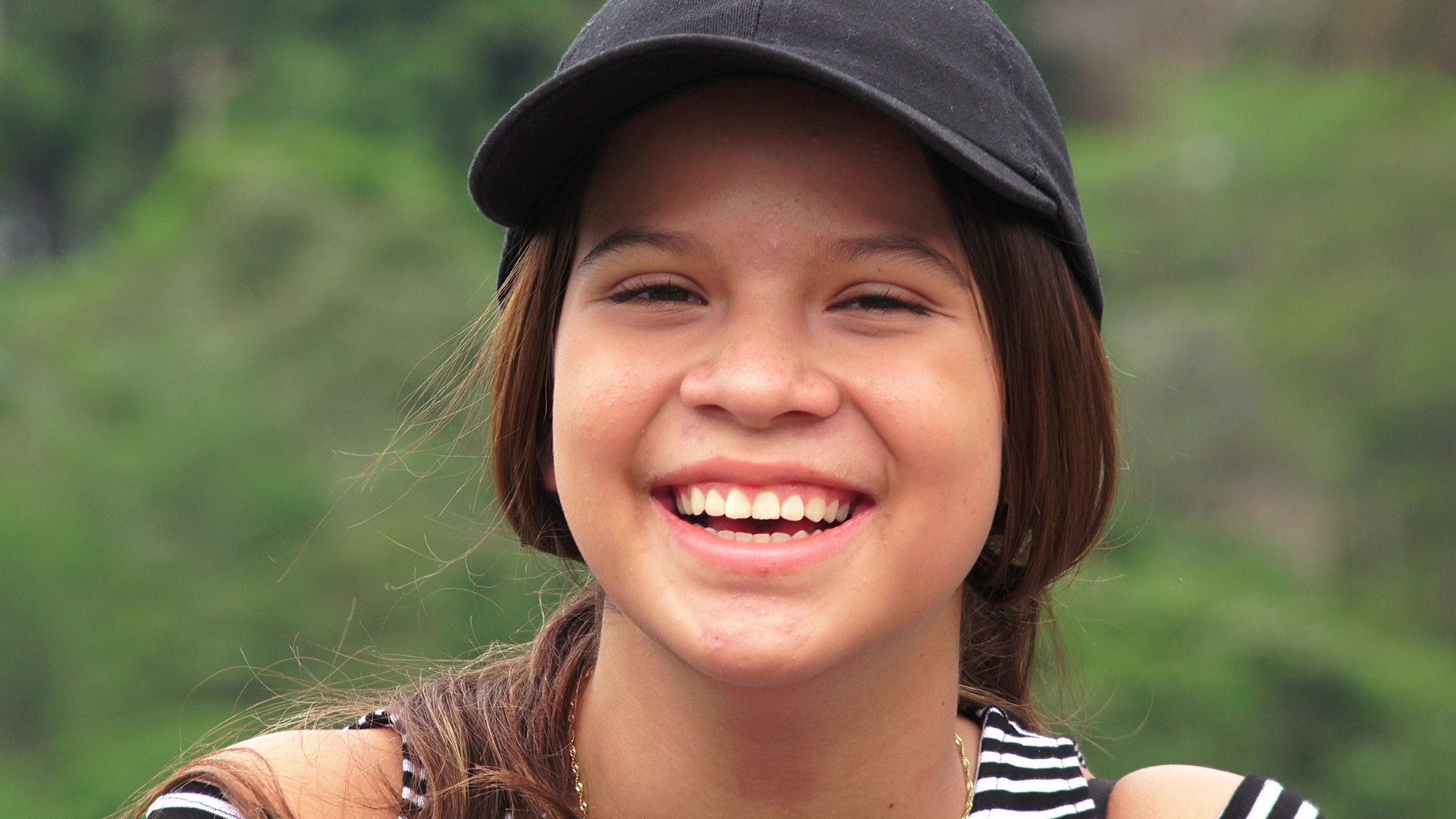
5. Resistance
Last week, I referred to RESISTANCE and its role in the mental health profession. As a review, the concept of resistance is applied to the reaction of clients who do not change or let go of their defense mechanisms. These individuals are referred to as “resistant clients.”

8. Using Unconscious Responses in Therapy
In my quest to learn how Dr. Milton Erickson helped so many people so quickly, one area of study I pursued was Neuro-Linguistic Programming (NLP).

10. Continuing to Work with Hopelessness
Continuing with my series addressing questions that are common today: There are things we can do to make life better, but it is very challenging to actually do something different when we are in the midst of problems. How do you help your clients when they are feeling hopeless?

11. Why Some Therapy Models Help and Others Don’t
During my 40-plus years as a psychotherapist, my clients have shared information with me about their previous years of therapy. They often arrive at our initial session with a diagnosis given to them when they first sought help. They feel hopeless and frightened that the label they were given defines them and will affect the rest of their life.

13. How Our Attempted Solutions Perpetuate our Problems
When we struggle with sadness, anger, fear, other unwanted emotions and behaviors such as any type of addiction, it feels like we have no control, and our only choice is to suffer with our pain.

14. Effective Parenting, Part I
When I worked in the Chicago area from 1971 through 1986, I had two internships for graduate school and then was employed at several different family therapy agencies. Training therapists to learn effective tools for helping troubled children and their families was the main focus.

15. Effective Parenting, Part II
As a therapist, I am deeply invested in helping to bring conscious and responsible people into our world. I am also extremely passionate about providing parents with the skills and tools necessary to give their children the guidance required to succeed.

16. Effective Parenting, Part III
It is the parent’s job to help their children develop into contributing members of society. Guiding children to use and develop the forward-thinking part of their brains, and thus teaching them that there are repercussions for their actions when breaking rules, is an essential parental responsibility.

17. Effective Parenting, Part IV
When parents give children choices to begin with and children receive positive reinforcement for doing the things they are supposed to do, coupled with short-term immediate consequences for making the “wrong” choice, children learn that the next time, they would rather make the better choice.

18. Change is Possible
I want you to know that it is possible to change unwanted thoughts, feelings, behaviors and beliefs, creating choices to live the life you desire. For lasting change, we need to work with underlying unconscious patterns and programs we experience as unwanted feelings that repeatedly recreate our problems. Outdated and ineffective old tapes from our childhood are playing in our head, directing our thoughts and controlling our experiences.

19. More on Change is Possible
This seems obvious; however, I need to say it: Change can’t and won’t happen unless and until we do something different. The challenge is that we often want change, but we don’t want to do anything different to contribute to facilitating change. People tend to want to keep doing what is familiar and comfortable and often don’t want to let go of old patterns and responses.

21. Identifying Where to Focus to Make Changes
Today, I would like to share ways to identify where to focus your attention to help make changes to improve your life, mental health, and sense of well-being.

22. The General Cause of People's Problems and How We Get Stuck in Them
When a new client comes in to see me for their first session, I ask what problems bring them to therapy and how they hope to benefit from counseling. They share their problems and often state that their goal for counseling is to know why they are the way they are.

23. Resolving Unwanted Feelings
Many forms of counseling attempt to try to figure out where problems originated and understand why we feel what we do, which generally keeps us stuck rehashing and reliving our past difficulties, problems, and traumas. It is not very beneficial to focus our attention on what’s wrong with us and explore how we became broken. We just make up another story about ourselves and believe it is true.

Releasing PTSD
I walked in to schedule an appointment for a pedicure. The manicurist was on the phone, so I had a few moments to glance around her one room shop. A book on her table caught my eye: You Can Heal Your Life by Louise Hay - one of my all-time favorite books.

My Healing Story, Part I
I was well into my Neuro-Linguistic Programming (NLP) studies and in my second year of graduate school for my MSW (Master of Social Work), when I was in a horrific automobile accident. My fiancé, Bill, was killed instantly, and I nearly died, breaking many bones in my body. I had never known anyone who had died, and I had never broken a bone.

My Healing Story, Part II
One of my friends who came to visit me in the hospital asked: “How can you manage to cope with all the tragedy going on in your life?" (Fortunately, most people didn’t say that out loud.) My response was: "What choice do I have?" I was forced to go beyond anything I thought I was capable of dealing with and learned new ways to handle challenges.